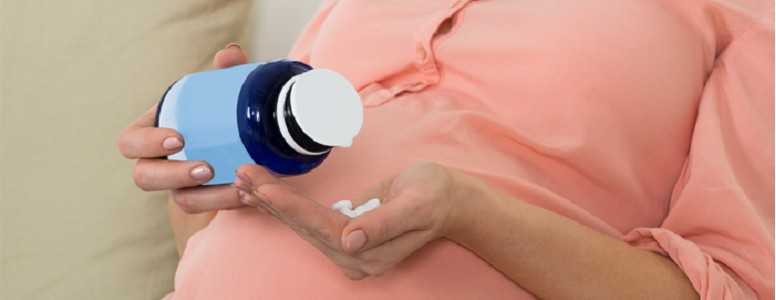Iron is a core component of most prenatal vitamins, yet recent research indicates that high levels of iron may be associated with risks for developing gestational diabetes.
Careful iron levels monitoring in pregnant women who are following the World Health Organisation (WHO) routine recommendations for iron could reduce those risks.
Iron is a double-edged sword. If we don’t absorb enough, we risk anemia. But if we absorb too much, we increases our risk for a range of conditions.
Women who are iron deficient may need extra iro, but in the case of non-anemic pregnant women, supplemental iron during pregnancy may be harmful.
Previous studies have shown that higher than normal iron levels increase the risk of low birth weight, preterm birth, and maternal high blood pressure.
It has also been associated with susceptibility to colorectal cancer, heart disease, neurodegenerative disorders and some inflammatory conditions.
According to this new study, published in Diabetologia, excess iron could also increase the risk for gestational diabetes mellitus (GDM) at certain weeks of pregnancy.
The body dramatically curtails iron absorption naturally during the first trimester. However, it may somewhat lose the ability to do so later during pregnancy, which could be worsened by over-consumption of iron supplements.
Researchers, from the National Institutes of Health in Bethesda, looked at concentrations of two iron biomarkers, hepcidin and ferriti, at different times of pregnancy, and measured GDM-associated risks.
They found that hepcidin levels during part of the second trimester of pregnancy (weeks 15 to 26) were positively associated with GDM risk, and were 16 per cent higher among women who had developed GDM.
Women who had higher test values for these iron biomarkers at that time of pregnancy also had about two and a half times the risk of developing GDM, compared with those who didn’t.
The study shows a non-linear association between higher maternal iron stores and GDM, therefore iron supplements could be a contributor to gestational diabetes, but not the cause of it.
That said, only women with a confirmed diagnosis of iron deficiency or anemia should consider supplementing their iron intake.
What's new on the forum? ⭐️
Get our free newsletters
Stay up to date with the latest news, research and breakthroughs.








